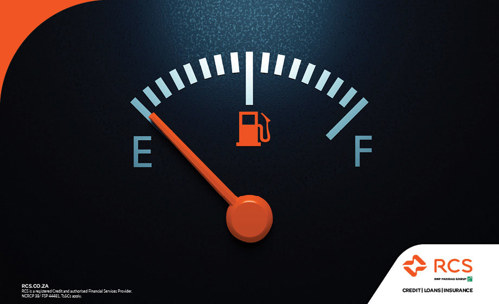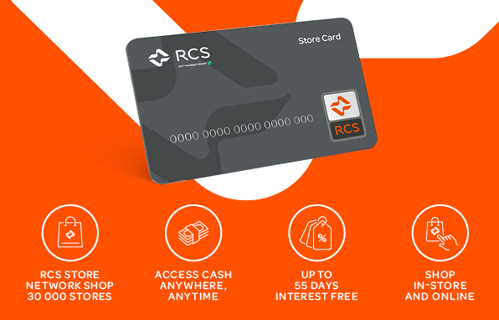Petrol Price Hikes to Batter South African Motorists Again
04 MARCH 2024
There is an impending blow to the South African motorist as the country braces for another round of fuel hikes. In an article on Business Tech, looking at the latest data from the Central Energy Fund, drivers can expect a challenging road ahead. Petrol and diesel prices are expected to surge, driven by higher global oil prices and a weakened rand to the dollar. The anticipated hikes, around R1.30 per litre for petrol and up to R1.50 per litre for diesel, are set to hit in a matter of weeks, which is leading to significant concerns among economists and industry experts.
The anticipated hikes, around R1.30 per litre for petrol and up to R1.50 per litre for diesel, are set to hit in a matter of weeks, which is leading to significant concerns among economists and industry experts.
The fuel price rise comes against the backdrop of global conflicts and tensions in the Middle East, impacting oil demand and pushing prices higher. The double blow of soaring global oil prices and a depreciating rand has dealt a severe blow to South Africa's prospects of price recovery. The repercussions extend well beyond the fuel pump though, with potential fuel tax hikes on the horizon too, adding to the financial burden faced by many consumers.
Eyes will be closely watching Finance Minister Enoch Godongwana's upcoming budget speech in anticipation of an inflation-linked increase in fuel taxes. The current General Fuel Levy stands at R3.95 per litre, and the Road Accident Fund at R2.18. However, should a Consumer Price Index (CPI)-based hike be announced, motorists could see an additional 27 to 37 cents per litre in taxes come April.
The impact of these fuel price hikes is not confined to the immediate costs of filling up at the petrol station, and will likely send shockwaves across various sectors, with the retail industry and freight businesses likely to bear the brunt - some of which is often passed on to consumers.
Gavin Kelly, CEO of the Road Freight Association (RFA), explained his concern over the rising costs of fuel and its cascading effects on the transportation and logistics sector, telling Business Tech that fuel costs are fast approaching the 50% mark in daily transport operating expenses. This is a substantial operational input for companies involved in manufacturing, processing, packaging, distribution, and retail operations.
"Any gains achieved in mid-2023 are steadily being eroded," he is quoted as saying.
He also highlighted that the high cost of fuel will force companies in the freight sector to increase their pricing to cover these escalating costs. This, in turn, is expected to have a domino effect on the entire chain, impacting on the prices of goods that are moved throughout the country.
Interestingly, it was noted that 85% of all goods moved in and around the country involve at least some road travel during the journey and, as a result, consumers are likely to face increased costs for goods in the short to medium term.
In the short term, general transport costs are expected to rise, affecting everything from food to fuel, clothing to electronic goods, and everything in between. The domino effect of these price escalations is a concern that has become all too familiar in recent months and has certainly had a major impact on household budgets.
While fuel price hikes are certainly painful for motorists and those reliant on public transport, the broader economic implications are far-reaching. The interconnected nature of various industries means that increases in transportation costs reverberate through the supply chain, ultimately affecting the everyday items consumers rely on. As South Africa faces the prospect of a petrol price storm, consumers are left to navigate an uncertain economic landscape. The resilience of businesses, coupled with potential adjustments to pricing strategies, will play a crucial role in determining how deeply this run of fuel hikes will impact the general populace. The hope remains that economic measures and market forces will stabilise the situation in the long run, providing relief to South African consumers facing the challenges of a turbulent fuel market.
As South Africa faces the prospect of a petrol price storm, consumers are left to navigate an uncertain economic landscape. The resilience of businesses, coupled with potential adjustments to pricing strategies, will play a crucial role in determining how deeply this run of fuel hikes will impact the general populace. The hope remains that economic measures and market forces will stabilise the situation in the long run, providing relief to South African consumers facing the challenges of a turbulent fuel market.
There is a silver lining for RCS Store Card holders though, as clients are able to fill up their petrol tank at selected Engen, Sasol and Shell service stations around the country. This can certainly be a lifesaver during a tight month, and the best part is that your fuel spend will be interest free for 55 days. If you haven’t gotten your card yet, you can apply here!



